Ingmar Bergman was a Swedish film director. He was born in Uppsala on July 14, 1918. His father, a Lutheran pastor, imposed a rigorous upbringing that increased the boy’s melancholic character. Young Ingmar sought refuge in a magic lantern, a period-piece toy that resembled a primitive movie projector. In 1936 he moved to Stockholm, where he became a writer and a theater director. His work was noticed by movie company Svenske Filmindustri, which hired him as a scriptwriter. His career was divided between theater, which he called his “loyal wife,” and movies, which he labeled an “expensive mistress.” In 1945 he directed his first film, Crisis, which chronicles a boy’s rite of passage. Key Bergman themes like alienation and the painful search for life’s meaning were already evident. In 1953 he stirred controversy with Monika, the Story of a Bad Girl, which focused on a restless, cheating wife. Monika represented the first in a line of so-called “Bergman women,” all of them strong and vibrant. Harriet Andersson played Monika and became Bergman’s muse and companion. In 1955 he made Smiles of a Summer Night, which was honored at the Cannes Film Festival. The film was characterized by sealed-off, gloomy settings and barebones sets, which Bergman borrowed from theater. His most creative years lay ahead. In 1956 he made The Seventh Seal, about a knight who’s lost his faith in religion and plays a chess match with Death.
In 1957, at 37, he made Wild Strawberries, a visionary journey in which an aging professor revisits his past through dreams. Bergman’s introspective moviemaking attracted movie-lovers and intellectuals, who elevated him to cult status. Long, intense conversation and close-ups became hallmarks of his work. In 1960s he completed a religious-themed trilogy including Through a Glass Darkly, Winter Light, and The Silence. Through a Glass Darkly won an Oscar for Best Foreign Film. In 1966 he made Persona, which examined the theme of doubles, and with it the nature of identity. Bibi Andersson, a former companion, and Liv Ullmann, his lover at the time, were the movie’s stars. In subsequent years he continued making TV and feature-length films that culminated in Fanny and Alexander [1983], originally made for television. In it Bergman chronicled an early twentieth century Swedish household as seen through the eyes of teenaged Alexander and his younger sister Fanny. The high-budget production won four Oscars. Bergman made his final movie, Saraband, at 84. Bergman died on July 30, 2007 on the tiny Swedish island of Farö. He was 89. He left behind nine children through five marriages.
In 1957, at 37, he made Wild Strawberries, a visionary journey in which an aging professor revisits his past through dreams. Bergman’s introspective moviemaking attracted movie-lovers and intellectuals, who elevated him to cult status. Long, intense conversation and close-ups became hallmarks of his work. In 1960s he completed a religious-themed trilogy including Through a Glass Darkly, Winter Light, and The Silence. Through a Glass Darkly won an Oscar for Best Foreign Film. In 1966 he made Persona, which examined the theme of doubles, and with it the nature of identity. Bibi Andersson, a former companion, and Liv Ullmann, his lover at the time, were the movie’s stars. In subsequent years he continued making TV and feature-length films that culminated in Fanny and Alexander [1983], originally made for television. In it Bergman chronicled an early twentieth century Swedish household as seen through the eyes of teenaged Alexander and his younger sister Fanny. The high-budget production won four Oscars. Bergman made his final movie, Saraband, at 84. Bergman died on July 30, 2007 on the tiny Swedish island of Farö. He was 89. He left behind nine children through five marriages.
RELATED
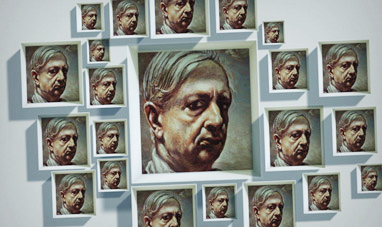

GIORGIO DE CHIRICO
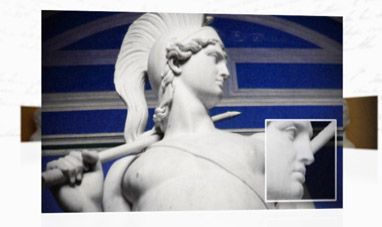

BERTEL THORVALDSEN
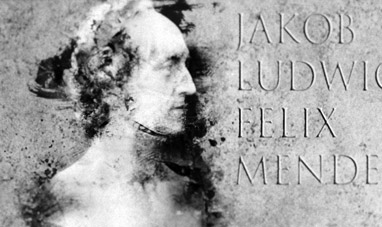

FELIX MENDELSSOHN


JOHANNES BRAHMS


LYSIPPOS


MYRON
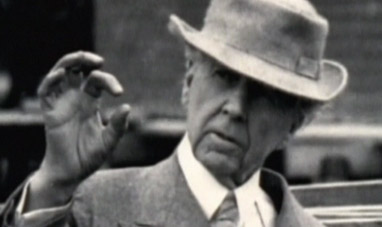

FRANK LLOYD WRIGHT


PHARRELL WILLIAMS
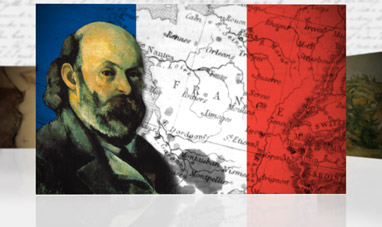

PAUL CÉZANNE
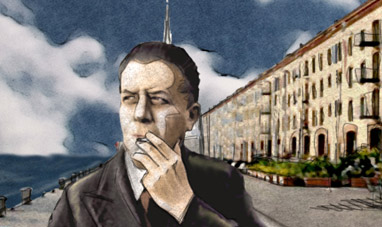

EUGENIO MONTALE


POLYCLEITUS


LE CORBUSIER
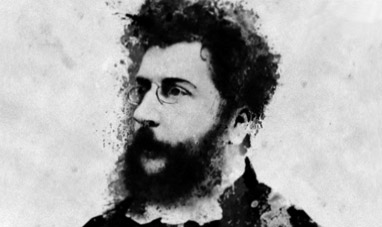

GEORGES BIZET


FRANCIS BACON
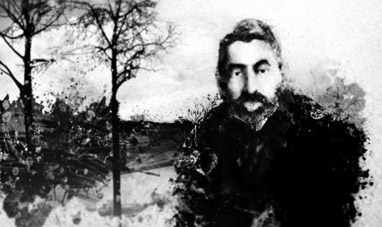

CLAUDE DEBUSSY


MERCE CUNNINGHAM


JOHN WAYNE
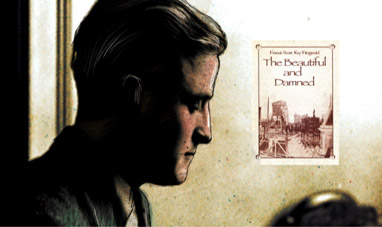

FRANCIS SCOTT FITZGERALD


CHARLES BUKOWSKI


PHIDIAS
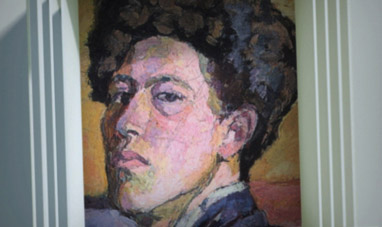

ALBERTO GIACOMETTI
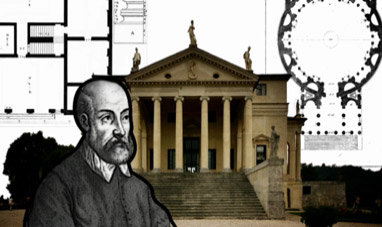

ANDREA PALLADIO


PIERO MANZONI
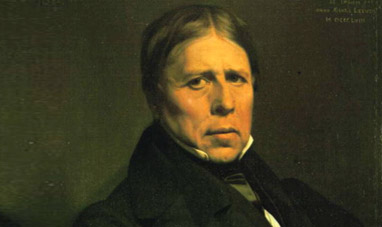

JEAN AUGUSTE DOMINIQUE INGRES
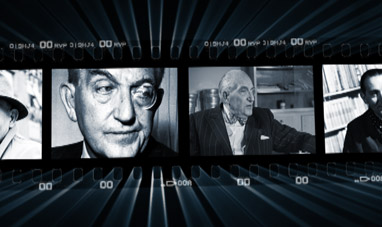

FRITZ LANG
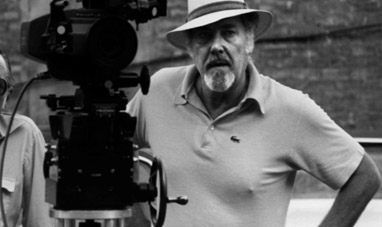

ROBERT ALTMAN


JOVANOTTI
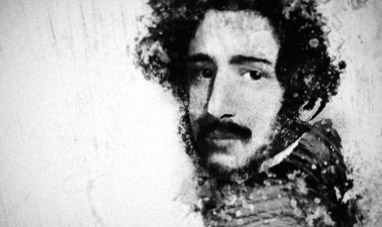

GAETANO DONIZETTI


RAPHAEL
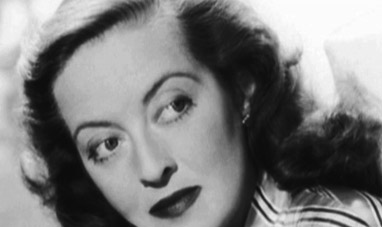

BETTE DAVIS


JOHN CONSTABLE
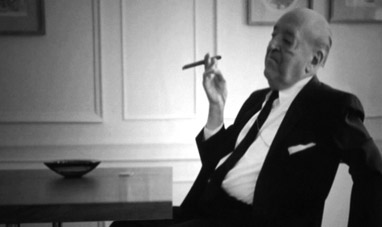

MIES VAN DER ROHE
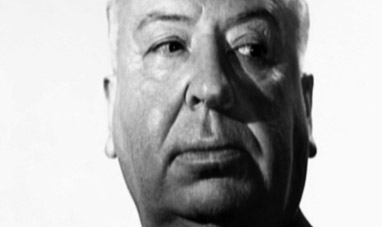

ALFRED HITCHCOCK
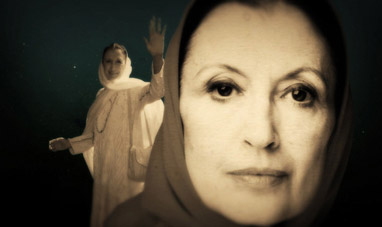

CARLA FRACCI


ERNST LUDWIG KIRCHNER
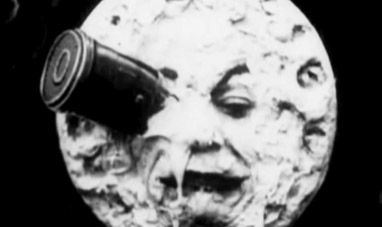

GEORGES MÉLIÉS
